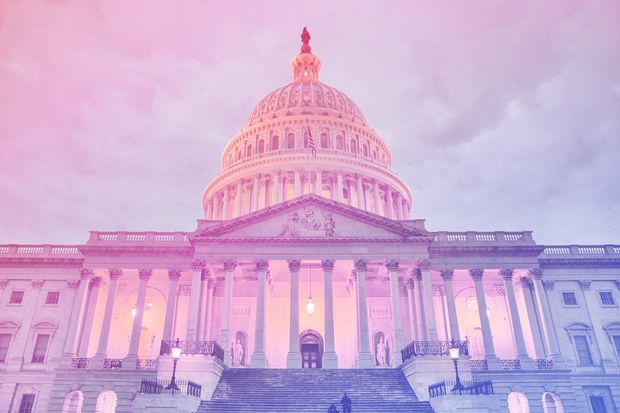Please know that this is a repost from Wealth Counsel. You can find this blog on their site www.wealthcounsel.com. There was no specific author given or we would have named them.
The SECURE Act, which stands for “Setting Every Community Up for Retirement Enhancement” Act, was signed into law at the end of 2019. The Act takes small but impactful steps towards addressing the country’s retirement crisis by incentivizing small business owners to sponsor retirement plans for their employees. It has also provided an excellent window of opportunity for practitioners to reach out to their small business clients in light of the new legislation. Below are four significant upgrades made by the Act that you should consider sharing with your business owner clients.

Widened access for employers
Historically, the cost, administration, and liability of running a sponsored retirement plan had been difficult for smaller companies to manage. Multiple-Employer Plans (MEPs) are appealing because they can reduce this burden, but many businesses had not been able to join due to the “common interest” requirement. Starting in 2021, this prerequisite will be removed and unrelated companies will be permitted to band together and run MEPs through a pooled plan administrator. The Act also overturns the “One Bad Apple” rule. Previously, this rule dictated that a violation by one MEP participant meant that the entire pool was disqualified, which made employers uneasy about joining a MEP. As a further boost, small business owners will see a substantial hike from the previous $500 tax credit offered to defray retirement package start-up costs. This has been increased to $5000 a year for the next three tax years.
Incentives for automatic enrollment
Automatic enrollment is a great way to increase participation by encouraging employees to start—and continue—saving. Knowing this, lawmakers are trying to encourage employers in that direction. An employee’s auto-enrollment contribution rate for certain plans used to be capped at 10% but has now increased to 15% after an employee’s first year. By waiting until the employee’s second year for the increase, the SECURE Act is expected to reduce the number of individuals who drop out of plans due to high initial contribution amounts. The legislation also introduced a new tax credit (up to $500 a year for three years) for employers who launch new 401k and SIMPLE IRA plans with automatic enrollment.
Greater inclusion for part-time employees
Many small businesses are staffed by part-time personnel, who up until now had been largely excluded from participating in their employer’s retirement benefits. Previously, these employees were required to log 1000 hours per year in order to qualify for their company’s sponsored retirement plan. Beginning in 2021, a part-time worker will be allowed to participate, provided they have worked 500 hours annually for three consecutive years. Although it can seem like an additional cost to add more individuals to a retirement plan, the law does not require an employer to offer the same 401(k) benefits to a part-time employee as it would to a full-time worker. For example, an owner can choose to make matching contributions for its full-time employees, but not offer the same to its part-time staff.
Safe harbor for annuities
Even though this topic has been widely debated, some advisors find annuities to be helpful investment tools for retirement since they can provide a consistent stream of income at a future date. However, annuities have largely been left out of company-sponsored retirement packages due to the potential legal liability an employer could face in the future. Under prior law, an employer remained liable if an insurer didn’t follow through with making guaranteed payments to the employee—leaving them open to a future lawsuit. The Act now shifts this liability back to the insurance company (provided that the employer selects an annuity provider that meets several requirements), making it a friendlier option for an owner to include in a benefits plan.
The Act has provided some valuable talking points for attorneys and their small business clients. Employers who may have been considering sponsoring a retirement plan, or were hesitant to even look into it in the past, may be encouraged by the introduction of these incentives.





0 Comments